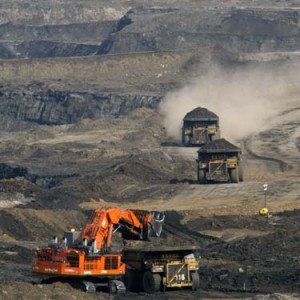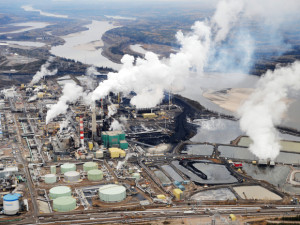Oil workers are at a high risk of getting addicted and the reason is not far-fetched. In the world today, oil workers are among those who are considered to have one of the most stressful professions in the world. And this is no different from what goes on in Alberta.
The oil industry in Alberta is the best in the country and one of the best in the world, the oil workers have more work than they can handle. And this is one of the reasons why they are among the highest-paid in the world.
Oil workers in Alberta lead stressful lives and this is why they are prone to addiction. In fact, a good number of oil workers in Alberta are addicted and they are not aware of this. Most of the addicted oil workers perceive their addiction as a normal way of life, but there’s more to it.
Addiction often starts off as an abusive act which is common in incidences like alcohol and drug abuse. And it is not too common in behavioral acts like gambling, sex, food abuse and the likes. Someone who abuses a substance or an act does so because it is wrongly perceived as a healthy habit.

Some people abuse drugs because they feel it helps them feel better and relax better. What they fail to realize is, the effects are only in the short-term. In the long-term, they will discover that they need more of the drugs to keep them active and engaged.
Oil workers who are addicted to will find it challenging to work for a long time because their health condition becomes complicated. Hence, one of the ways to help themselves is to seek help by opting for treatment at a reputable rehab.
It would be easy for oil workers to seek quality treatment because they are well paid. And depending on the intensity of their addiction, they might be required to remain within the confines of the rehab. The other option would be for them to attend treatment services from home.
The beauty about the whole thing is, it is certain that their health will be restored to normalcy when they seek treatment.





